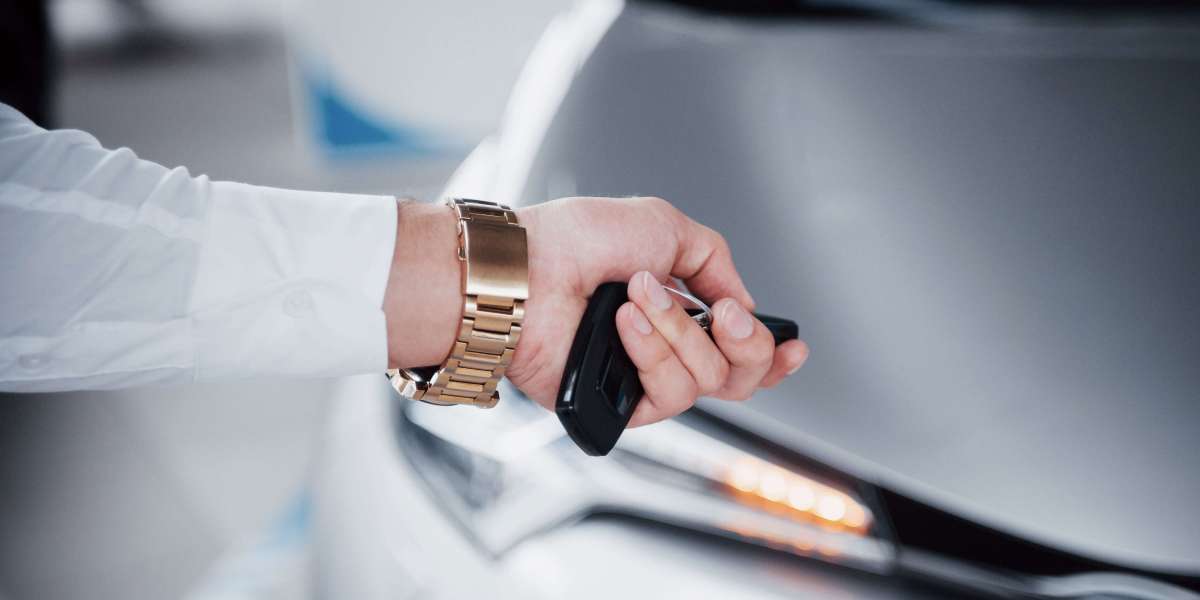
Key Replacement for Cars: A Comprehensive Guide
Losing or damaging a car key can be a frustrating experience. For lots of, the idea of replacing a car key often evokes different costs, time spans, and procedures that can rapidly become frustrating. This guide intends to notify car owners about the kinds of keys, the replacement process, expenses, and often asked concerns to assist navigate the key replacement journey efficiently.
Types of Car Keys
Understanding the type of car key you possess is important when seeking replacements. Here are the typical types of car keys available today:
| Type of Key | Description | Typical Cars |
|---|---|---|
| Conventional Key | A basic metal key with no electronic devices | Older designs, a lot of fundamental cars |
| Transponder Key | A key with a chip that interacts with the car's ignition | The majority of mid-range and newer cars |
| Remote Key Fob | A key with a remote control function, typically utilized for locking/unlocking | Typical in modern-day automobiles |
| Smart Key | A distance key that enables push-button start without placing the key | Luxury brands and hybrids |
Comprehending the Differences
Traditional Keys: Often the least expensive to replace, conventional keys can usually be duplicated by any locksmith professional.
Transponder Keys: These keys work with your car's ignition system. A replacement needs programming to sync with the vehicle, which may include going to a dealer or specialized locksmith professional.
Remote Key Fobs: In addition to opening the doors, these keys can also include functions like a panic button or trunk release. They typically require replacement and programs from a dealer or a specialized key maker.
Smart Keys: Smart keys add an extra layer of innovation, enabling keyless entry and start. Replacing these can typically be the most intricate and expensive due to the advanced technology involved.
The Key Replacement Process
Replacing a car key is not as simple as just getting a copy at the nearest hardware shop, particularly for transponder keys, remote fobs, and smart keys. The actions usually involve:
Identifying the Type of Key: Determine what type of key your vehicle utilizes.
Collecting Necessary Information: To replace your key, you might need:
- The Vehicle Identification Number (VIN)
- Proof of ownership (title, registration)
- A valid ID
Choosing a Replacement Option: There are a number of avenues to check out:
- Dealership: Often the most pricey choice, but ensures correct programming.
- Independent Locksmith: Can often manage transponder keys and fobs at a lower cost.
- Online Services: Some companies offer cutting and configuring services by means of mail but validate they're trusted to avoid frauds.
Programming the Key: The brand-new key must be set to work with your vehicle's immobilizer and other electronic systems.
Checking the Key: Once the key is replaced and configured, guarantee it works correctly with all elements of the vehicle.
Costs Involved in Key Replacement
The cost of replacing a car key can differ significantly based upon the type of key, the make and model of the vehicle, and where the replacement is done. Here's a fundamental breakdown:
| Key Type | Average Replacement Costs |
|---|---|
| Conventional Key | ₤ 2 - ₤ 10 (Duplicate) |
| transponder Car Key Replacement Key | ₤ 50 - ₤ 250 (Replacement & & Programming |
| )Remote Key Fob | ₤ 100 - ₤ 400 (Replacement & & Programming |
| )Smart Key | ₤ 200 - ₤ 600 (Replacement & & Programming) |
Additional Factors to Consider
- Emergency Services: Some locksmith professionals offer emergency services which can add to the general expense.
- Insurance: Check if your car insurance covers key replacement, as particular policies might include this advantage.
Often Asked Questions (FAQs)
1. What should I do if I lose my car key?
If you lose your car key, very first check for a spare. If not available, locate your vehicle's VIN and proof of ownership, and call a dealership or locksmith professional for a replacement.
2. Can I replace my own car key?
While some basic keys can be replaced at home, a lot of contemporary keys need specific programs that a car dealership or locksmith should perform.
3. How long does it take to replace a car key?
The time frame for replacing a car key can vary from 30 minutes to a number of hours, depending upon the type of key and the procedure essential for programs.
4. Are key replacement services available 24/7?
Many locksmith professionals offer 24/7 services, especially for emergency circumstances. However, schedule may differ, so it's a good idea to check in advance.
5. Can I get a duplicate without the initial key?
For traditional keys, yes. However, for transponder keys and clever keys, having the original is often needed for correct programs.
Understanding the complex world of car key replacements is important for vehicle ownership. By acquainting yourself with the various types of keys, the replacement process, and the potential costs, you can ensure you are sufficiently prepared should the requirement occur. Whether you choose a dealer or a locksmith, having the ideal details at hand will make the procedure smoother, conserving both time and tension.














